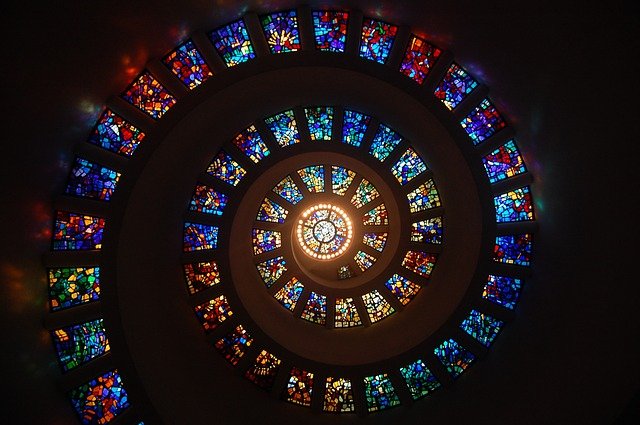 (The following is an excerpt from the book “Finding Faith in a Logical World.”)
(The following is an excerpt from the book “Finding Faith in a Logical World.”)
The idea that there is an entity that has an infinite existence is contrary to our human experience and is therefore, in conflict with our logical learning. After all, we all have experience with the beginning and end of a lifespan. Our grandparents or great-grandparents were born, lived a life span and died, even if we were not direct witnesses to those events. We know when we get that new puppy, that he will not live beyond so many years. Each year, each season, each day has a beginning and an end. It is the nature of the world as we know it. How then can we believe in a God who has no beginning and no end?
We do, in fact, have personal experience with that concept, although most of us have never thought to apply it to the existence of God. It’s called the circle.
If we use a compass to draw a circle on a piece of paper, there is, of course, a beginning point. Once that circle is drawn, however, there is no clear beginning or ending point. The orbits of the planets have no beginning and no end. The rotation of the earth has no beginning and no end. In fact, any circular object, design or orbit could be described the same way. What’s more, it seems to be a fundamental aspect in nature. Electrons orbit the nucleus of the atom. The walls of living cells have no distinct beginning or end. The rotation of each star, planet, moon – even entire galaxies. No beginning. No end.
Who is to say that time – one of the most common, yet elusive of concepts – cannot claim no beginning, no end. Science attempts to identify the beginning of the universe as that moment they describe as the “big bang.” Even if their speculation is correct, what was the moment before that event? How many moments existed before that event? Try to wrap your head around that one. There is only one answer – infinity. No beginning, no end.
